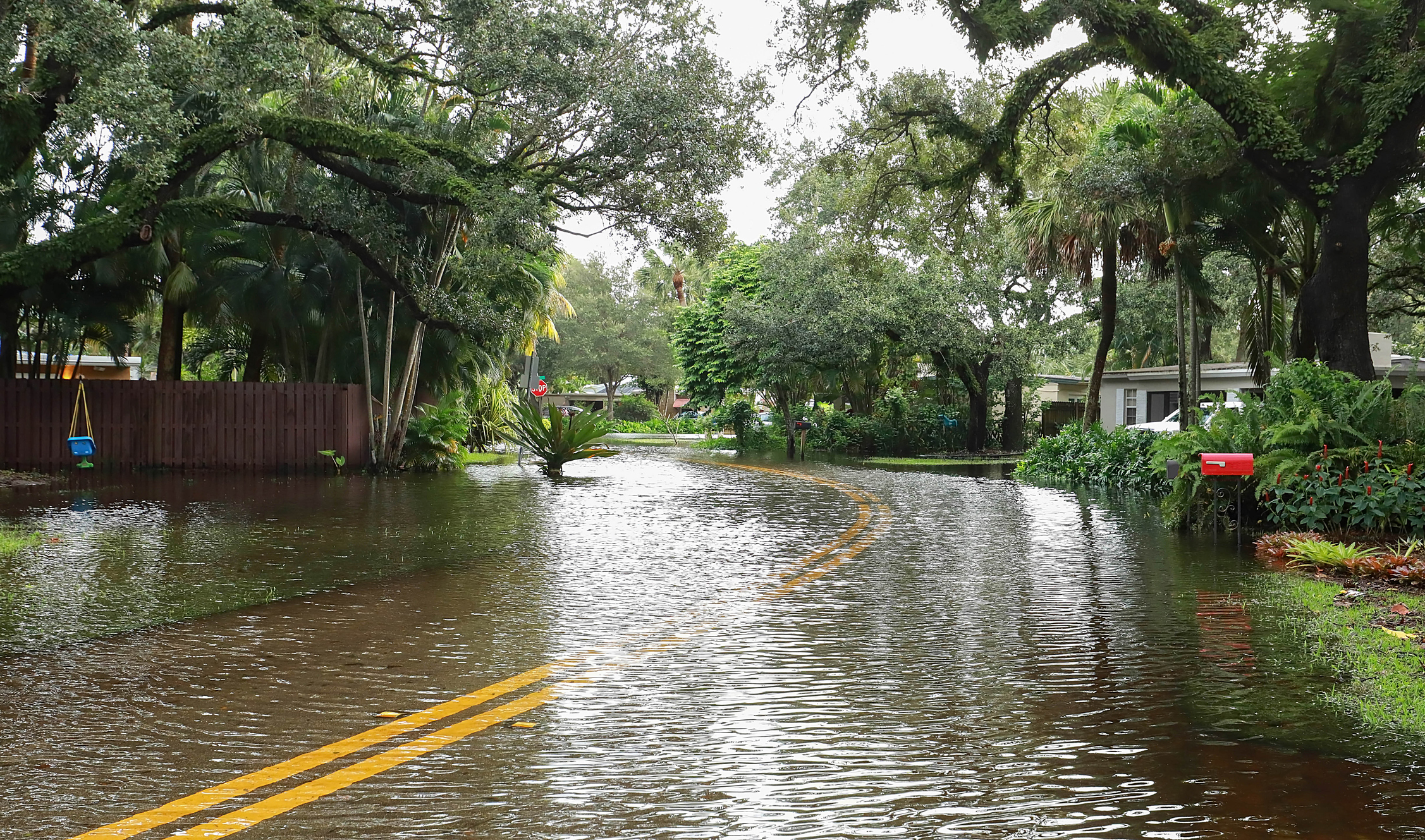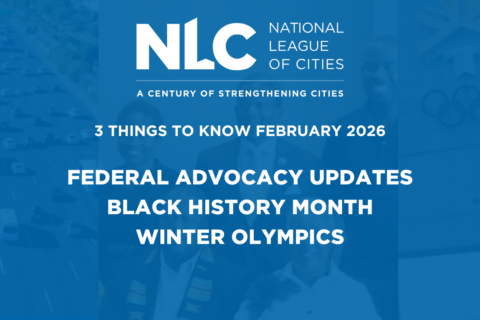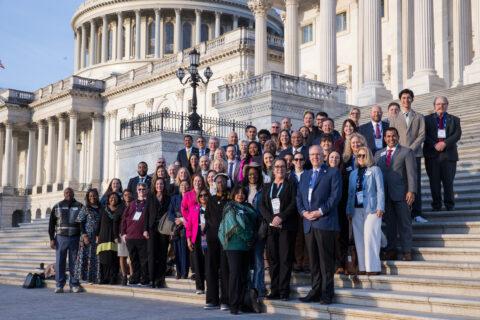Authored by Leondrae D. Camel, South Bay, Florida City Manager
To highlight ACS (American Community Survey) Awareness Month, the National League of Cities is spotlighting communities that have used ACS data to drive positive change in our From Data to Decisions series.
In South Bay, Florida, local leaders turned ACS data into concrete action to protect their community from flooding.
City Profile
- City Name and State: South Bay, Florida
- Region: South Florida, near West Palm Beach
- Population: About 4,860
- Community Snapshot: A small, close-knit city facing unique challenges as a low-lying community in a hurricane-prone region.
Following the release of the 2020 American Community Survey (ACS) data, the City of South Bay gained a deeper and more detailed understanding of the disparities and infrastructure needs within our community. What we learned reaffirmed what many residents had already voiced during our direct engagement efforts, particularly through our local door-knocking campaign: infrastructure challenges — especially related to drainage and road conditions — were significantly impacting quality of life in specific neighborhoods.
In response, we took a deliberate, data-informed approach to address those concerns.
In the southeast quadrant of South Bay, residents had long faced persistent flooding issues due to the absence of a functioning stormwater drainage system. Armed with ACS data and community feedback, the city invested $400,000 of its ARPA Funds, along with the State of Florida $900,000 legislative appropriations, totaling $1.3 million in a comprehensive stormwater and road construction project. This investment resolved longstanding water pooling problems in yards and along roadways, improving safety, property preservation and overall livability for more than 400 residents in that area.
Simultaneously, the southwest corridor — particularly along 10th Avenue — emerged as another area of concern. There, the city executed a $2.1 million roadway reconstruction and infrastructure upgrade project, funded by a combination of Florida Department of Transportation Small County/City Outreach Program Funds and City General Fund dollars. This effort included not only road improvements but also critical enhancements to water and wastewater systems — ensuring reliable service delivery to dozens of households. Building on this success, we secured an additional $1.3 million in State General Appropriations funds to expand the scope of work along the same corridor, bringing the total investment in that neighborhood to nearly $3.5 million and directly improving conditions for over 50 homes.
These efforts weren’t just about pavement and pipes — they were about people. People whose neighborhoods had been overlooked or under-invested in for too long. By aligning federal data with local voices, we were able to make smarter, more equitable decisions that matched real needs with real solutions.
Our experience in South Bay is a testament to how tools like the ACS, combined with proactive community engagement, can guide small cities toward big, meaningful change. We are proud of the progress made — and even more committed to ensuring that every dollar invested moves us closer to equity, resilience, and opportunity for all.
What is the American Community Survey?
The American Community Survey (ACS), conducted every year by the U.S. Census Bureau, collects detailed information about demographics, economics, housing and social characteristics of communities nationwide. Unlike the once-a-decade census, the ACS provides timely data that helps cities, towns, and villages address pressing issues today while planning for the future.
Without the ACS, many communities — especially small cities like South Bay — would not have access to the accurate, up-to-date information they need to make smart, equitable decisions.
To learn more about how NLC engages with the Census and ACS, check out our 2030 Census Initiative Page.
Explore More
You can explore your own community’s ACS data at the United States Census Bureau’s website.








